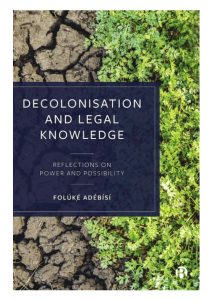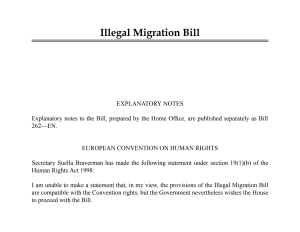By Andrew Charlesworth, Kit Fotheringham, Colin Gavaghan, Albert Sanchez-Graells and Clare Torrible (Centre for Global Law and Innovation, University of Bristol Law School).
Artificial intelligence (AI) has been permeating all aspects of our lives for a while. AI underpins several of the digital services we use and, perhaps less known to most of us, an increasing number of public services. However, only recently and on the back of questionable claims about existential AI threats, has AI regulation started to grab mainstream headlines, permeate public discourse, and quickly rise to the top of the political agenda. Before this recent flurry of AI regulation discourse, in late March 2023, the UK Government published a much-awaited white paper setting out its ‘pro-innovation approach to AI regulation’ (the AI White Paper). Much has happened in the short period since the AI White Paper was published, including the launch of a £100m Foundation Model Taskforce, the appointment of its Chair, and the announcement that, in a bid to lead the global discussion on AI guardrails, the UK will convene a global AI safety summit. (more…)










